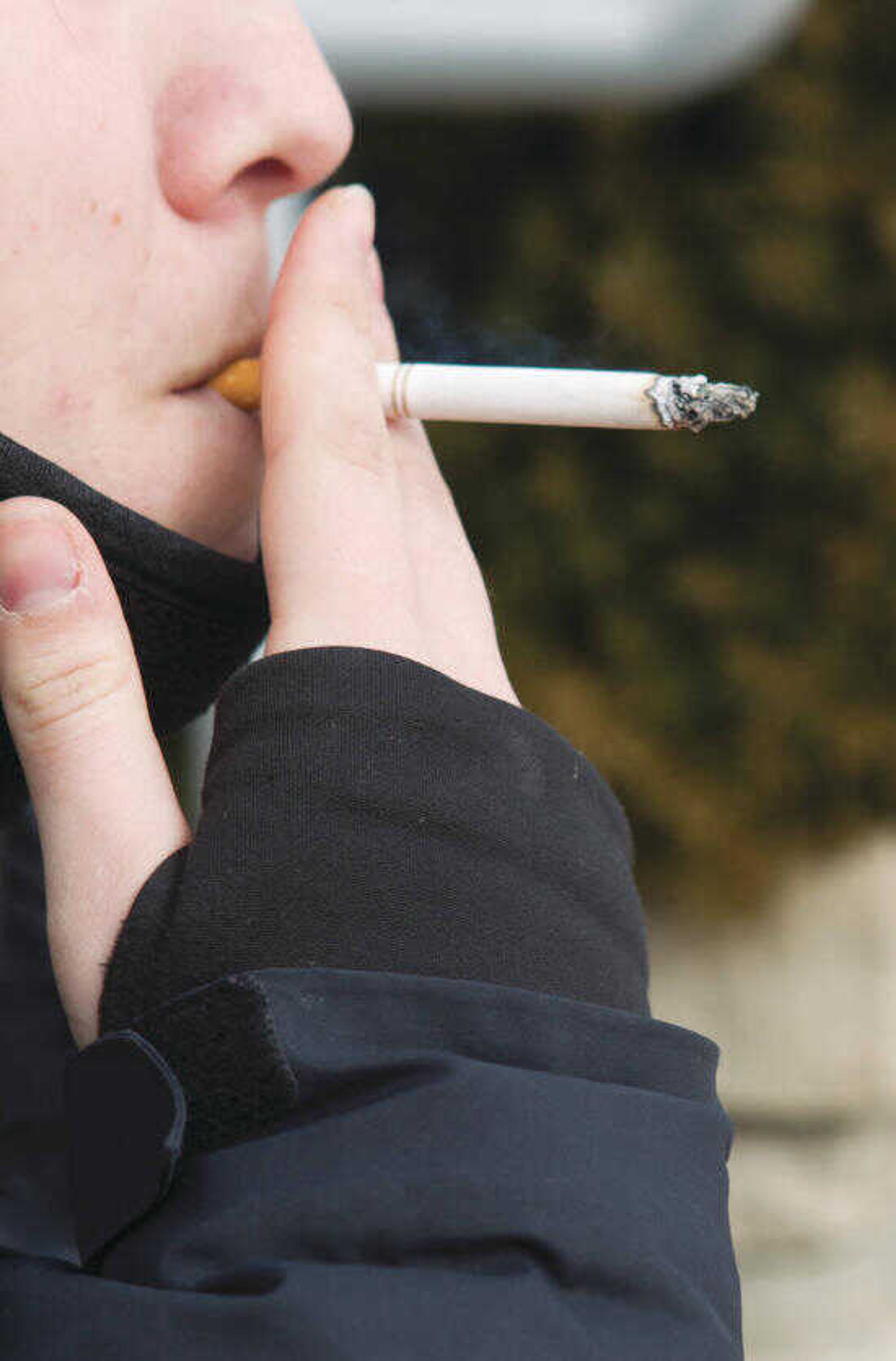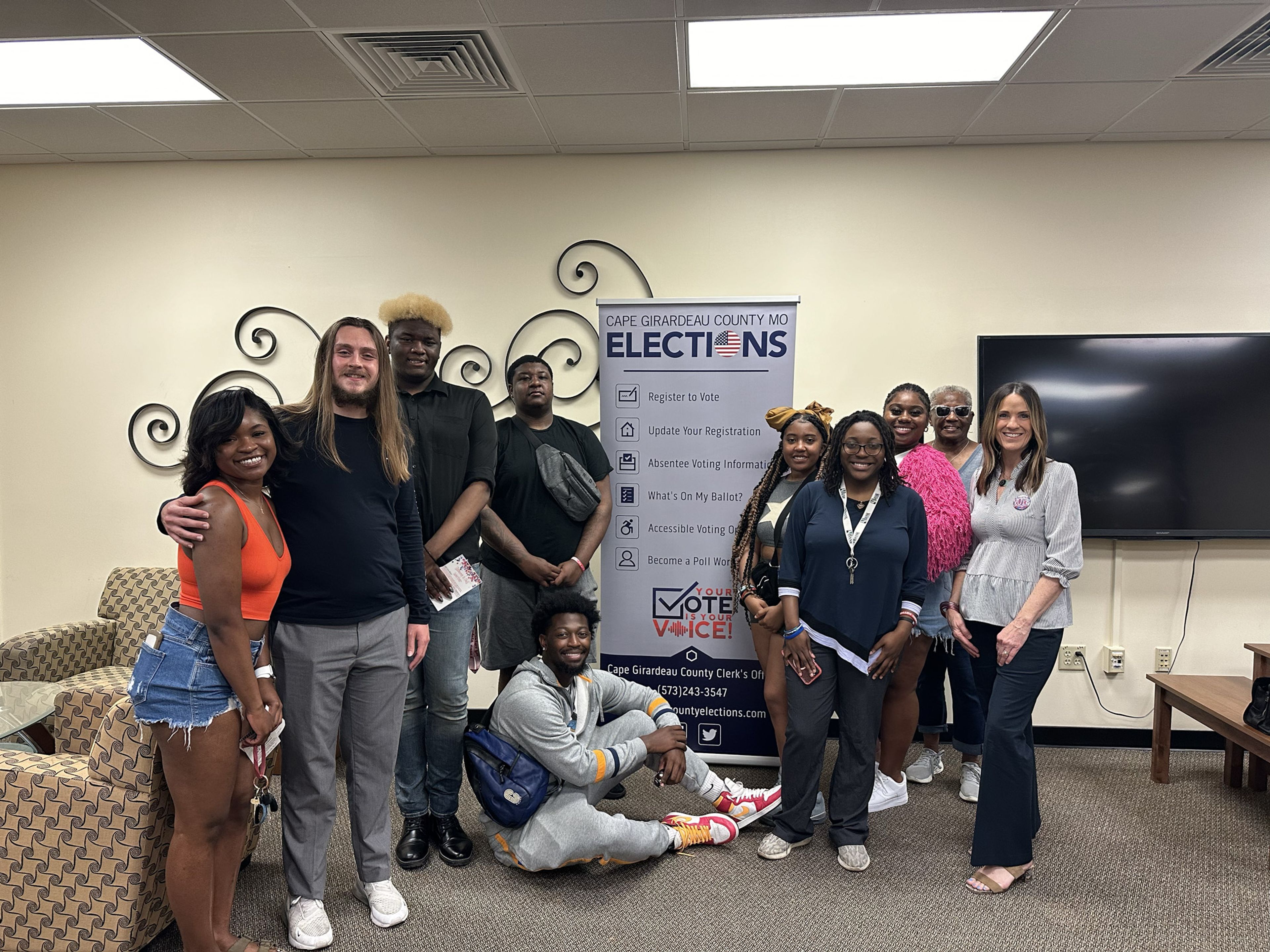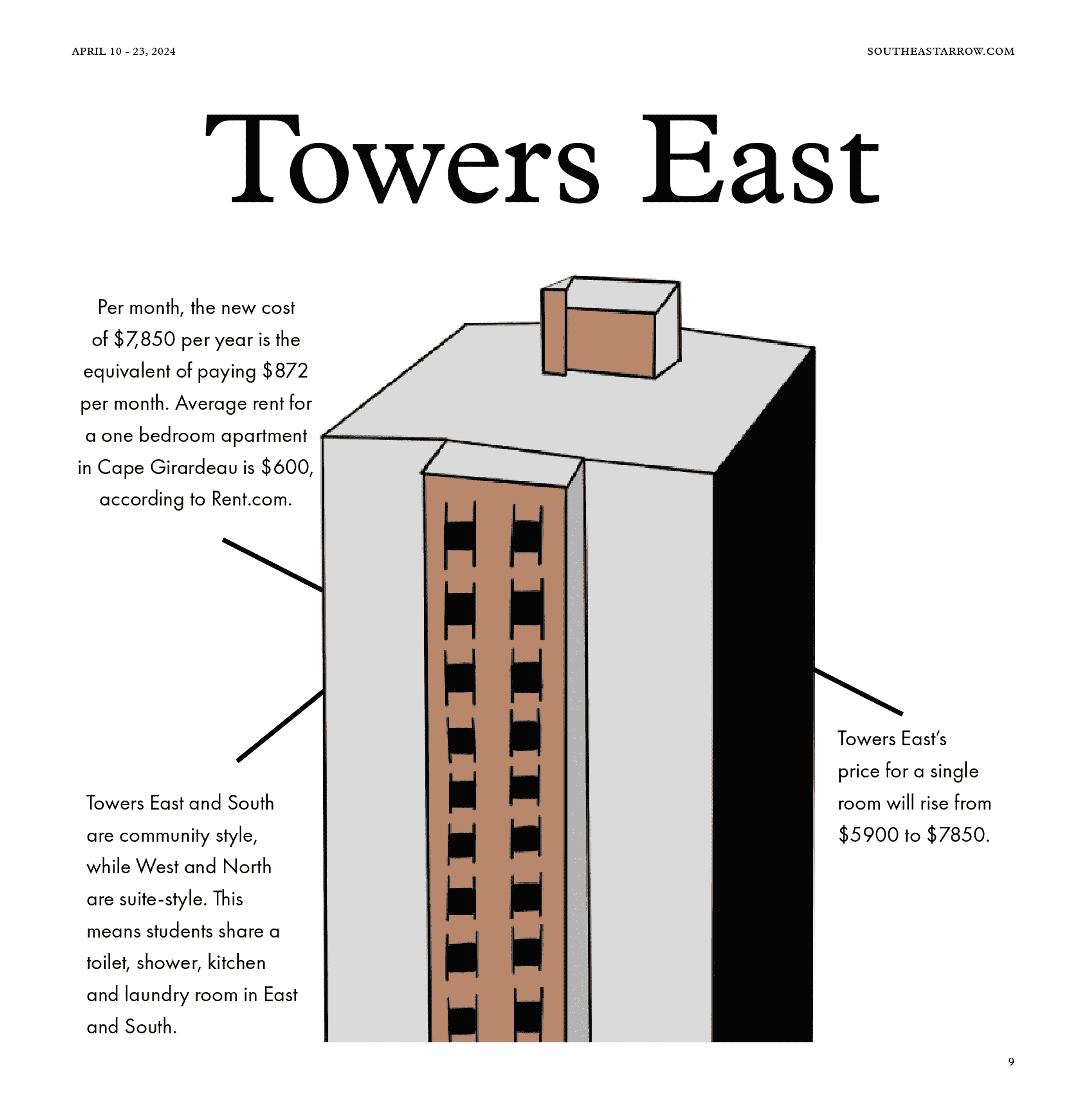A survey offered by Southeast Missouri State University’s Student Government Association regarding the campus’ tobacco policy was responded to by 689 students. The survey was open from Sept. 28 to 30 and asked students to anonymously respond to a series of questions about tobacco use on campus.
The survey was prompted by a presentation made to Southeast’s Administrative Council by Professor of Health Promotion Dr. Jeremy Barnes and Assistant Dean of Students Dr. Randy Carter. The presentation highlighted positive benefits of transitioning Southeast’s campus to a tobacco-free policy.
Carter enforces the current tobacco policy in the Office of Student Conduct, which involves limiting smoking to designated areas across campus. Carter said Southeast is one of few universities in Missouri that still allow smoking on campus.
“I think it's really the trend,” Carter said. “I think people have a wellness focus, and with all these campuses going tobacco-free, it's time for us to make that move and I certainly support it. Our office will enforce whatever the policy is.”
Part of the presentation to the Administrative Council was a report on 47 college campuses in Missouri and their tobacco policy. Southeast is only one of three universities mentioned in the list that is not either smoke-free or tobacco-free, the other two being Columbia College and Missouri Baptist University.
Carter said there are multiple benefits to adopting a tobacco-free policy, but two stand out in particular: public health and campus cleanliness.
“I don’t think people realize how addictive nicotine is, even today,” Carter said. “So we hope to have an impact with that, getting people to quit smoking. Our number of smokers is close to 40 percent — in the area as well as at the institution.”
“Cleanliness as well, on campus,” added Carter. “Some people who smoke put their butts on the ground. Not all, but some. And so that becomes a campus beautification thing, and we don't want to see areas where butts are all over the ground, that kind of thing.”
Carter also said smokeless tobacco causes cleanliness problems, particularly in residence halls.
“Residence halls— sometimes there are people who are irresponsible with chew spit, that kind of thing,” Carter said. “So that creates messes.”
According to the results of the survey provided by SGA, of the 689 respondents only 89 are current tobacco users while 560 are non-tobacco users and 40 are former tobacco users.
Roughly half of the respondents indicated that they think tobacco use on campus is harmful to students and 63 percent indicated that they favor the university adopting a smoke-free policy.
At the end of the survey, respondents were able to submit further comments about the issue. Of the 689 respondents, 188 individuals submitted comments of varying length and from both sides of the issue.
“I think that tobacco free campus’ [sic] are unrealistic and harmful to student freedoms,” one respondent commented. “Even if campus did become. . .tobacco free, those who are already abusing the use of tobacco outside of designated smoking areas will still continue to do so…”
“I know that some people will say that this policy is an infringement on their rights,” another respondent commented. “But your rights end where they border another person’s rights, in this case, their right to health.”
Regardless of the opinions expressed regarding a tobacco-free policy, 57 of the 188 commenters directly mentioned a need to more rigorously enforce the current smoking policy and to discipline those who smoke outside of designated smoking areas.
Carter said if the university were to adopt a tobacco-free policy it would be enforced in much the same way as the current policy.
“It's a campus community enforcement, but employees mainly,” Carter said. “Students can enforce the policy, but mainly it's just employee enforcement, it's not through our university police.”
According to current policy, if a student is referred to the Office of Student Conduct for repeatedly smoking outside of designated areas, the student may be subject to five hours of community service or service to the University and a $50 fine. The current policy was adopted in 2008 and established the placement of designated smoking areas.
According to university President Carlos Vargas, he has been receiving input from various groups represented on the Administrative Council, including SGA and its survey of student opinion. Vargas will decide whether to recommend action regarding the university’s smoking policy to Southeast’s Board of Regents.
Carter said if a new policy is adopted, it will not be an overnight process.
“I think the important thing for students to know is that if it's approved to go to tobacco-free or smoke-free, then we want to make sure we give students plenty of notice,” Carter said.





